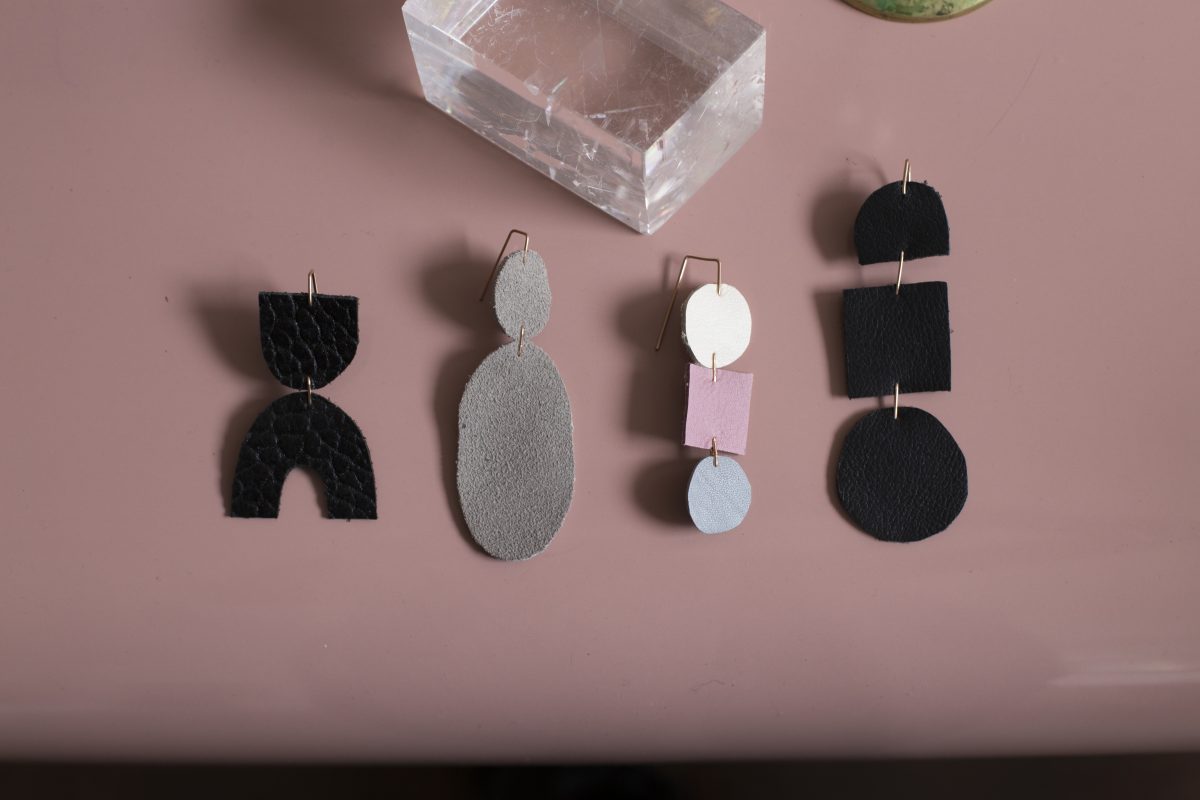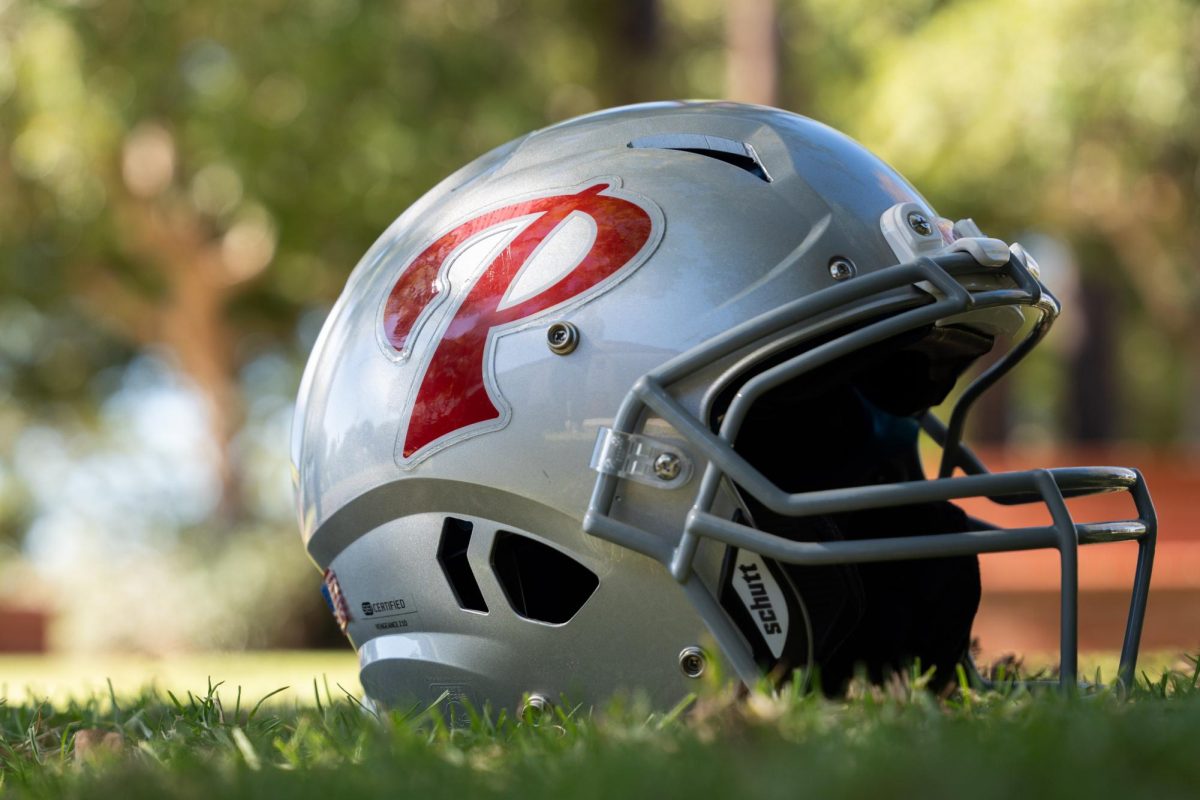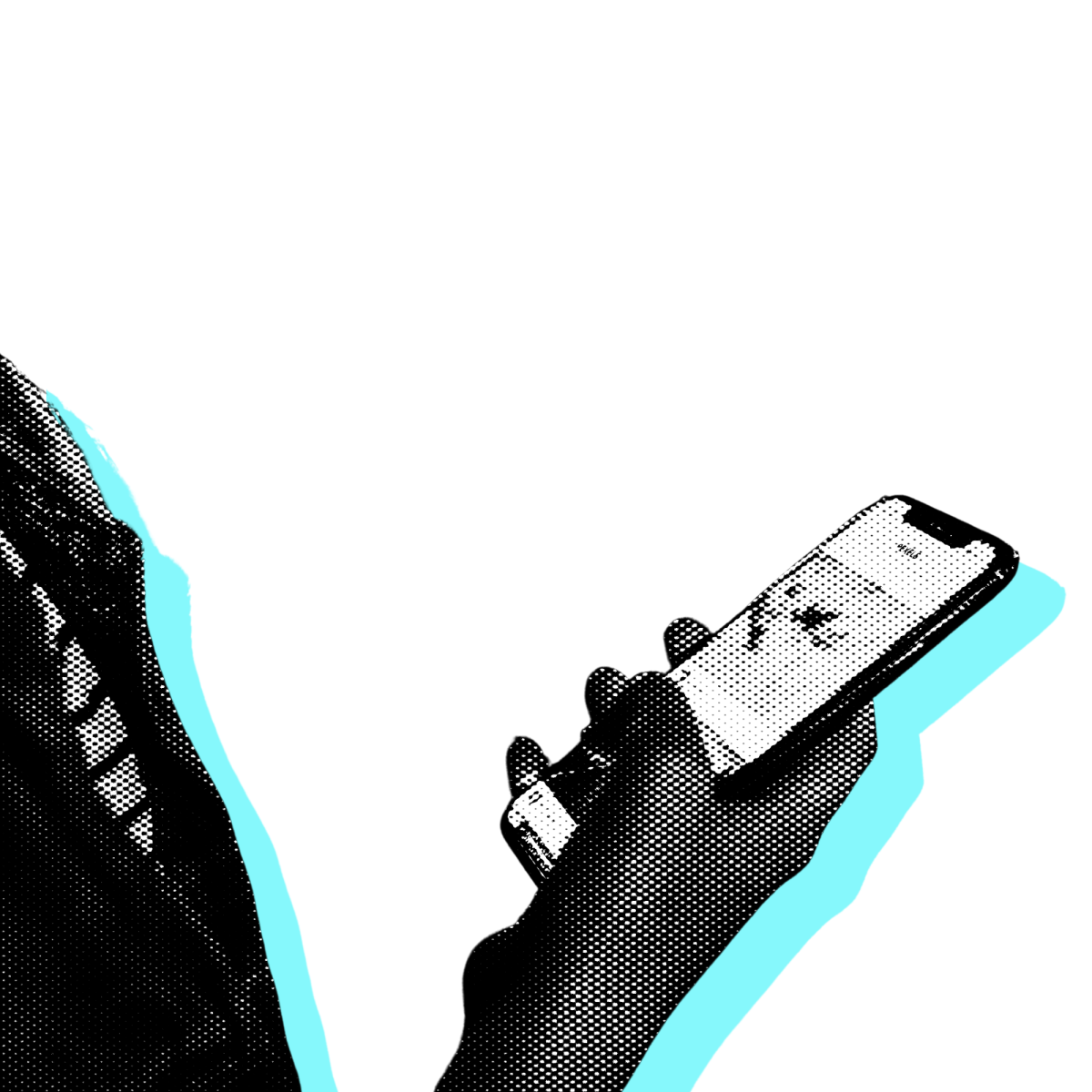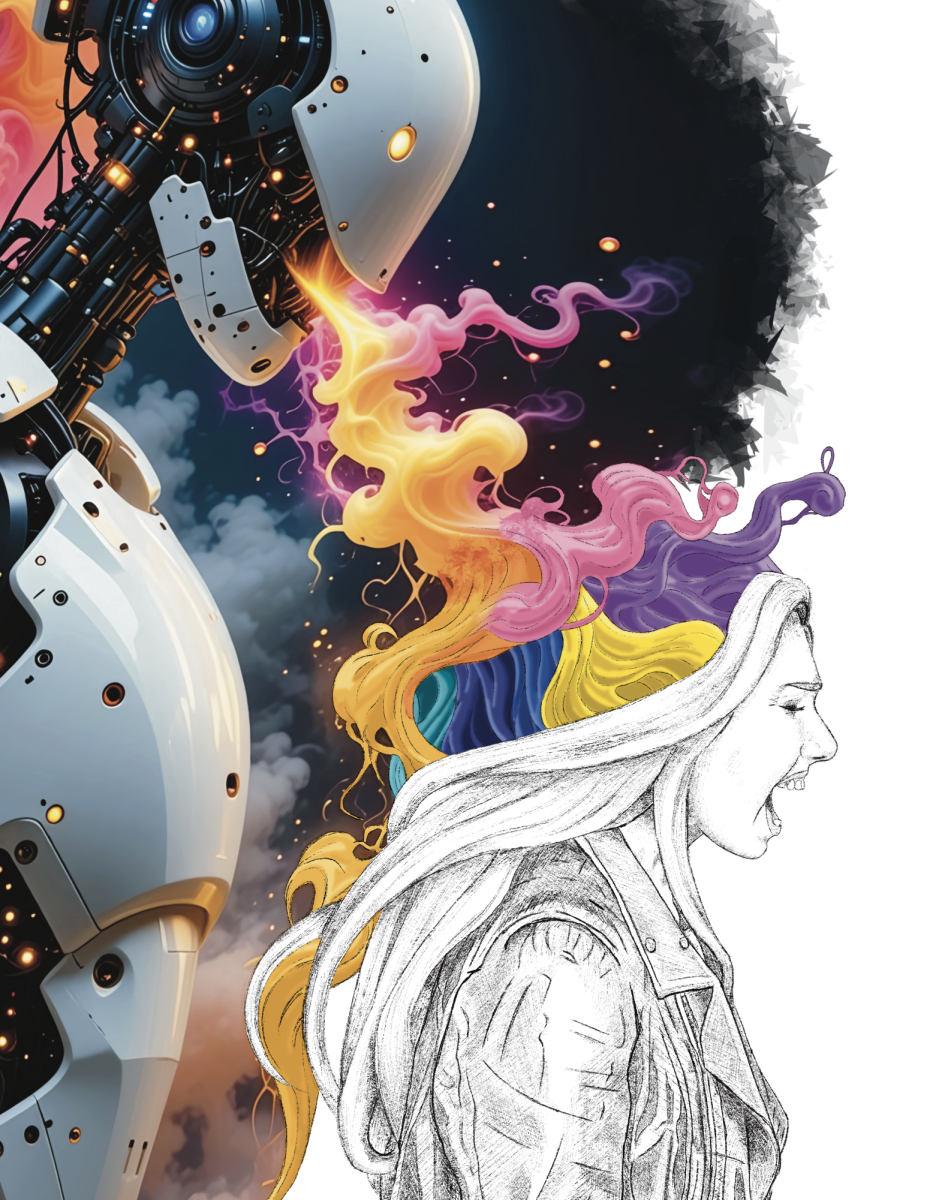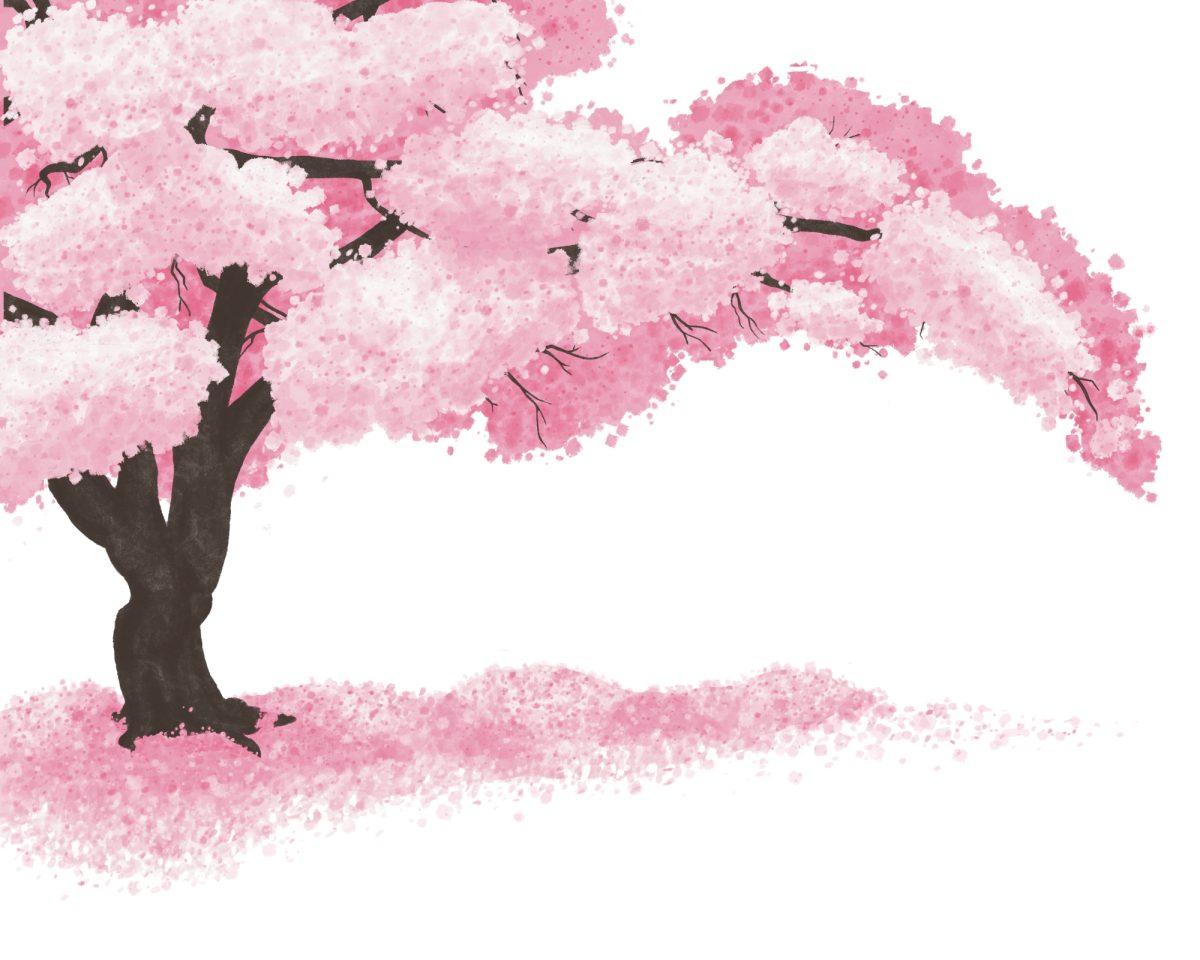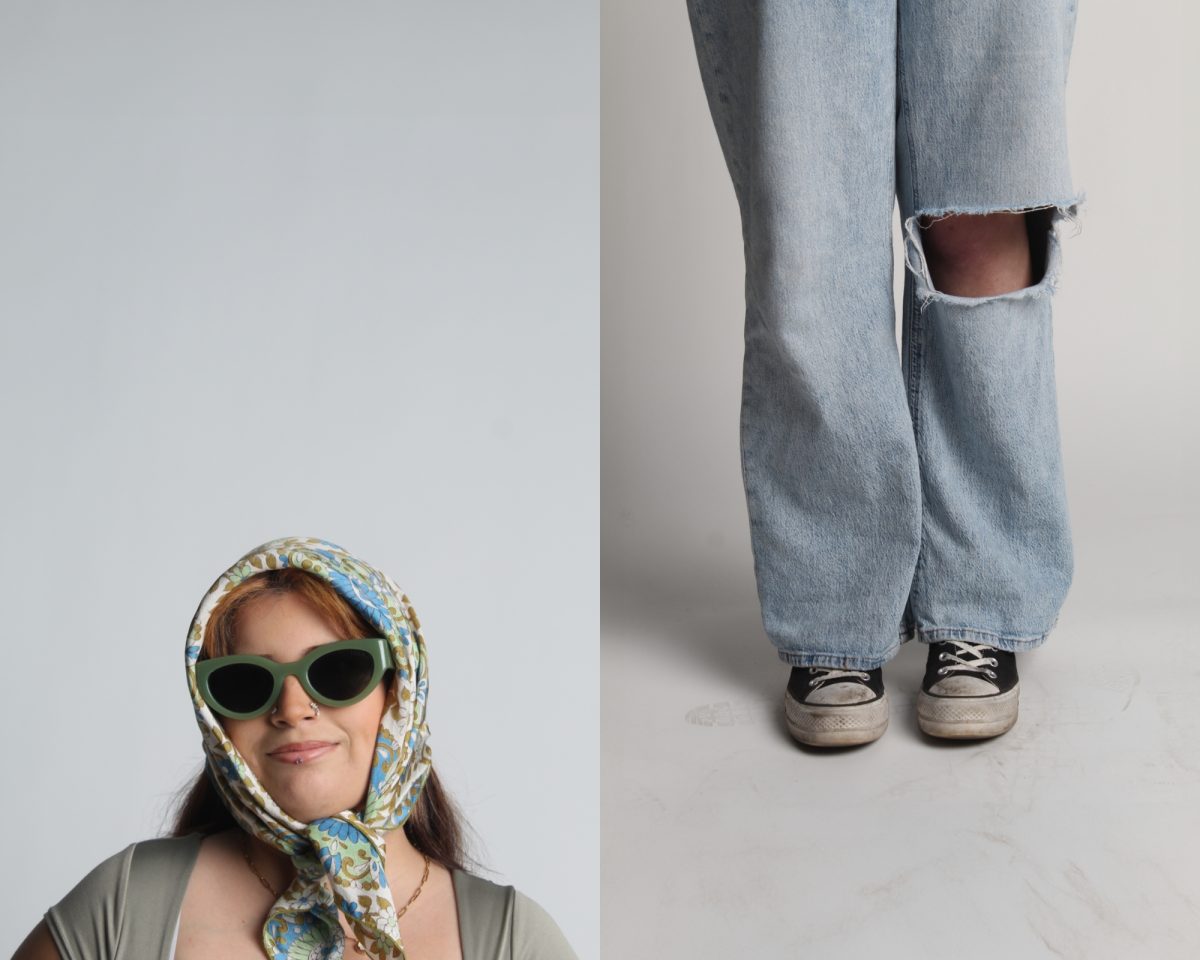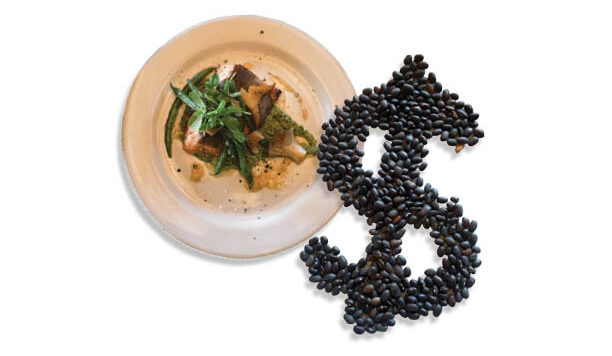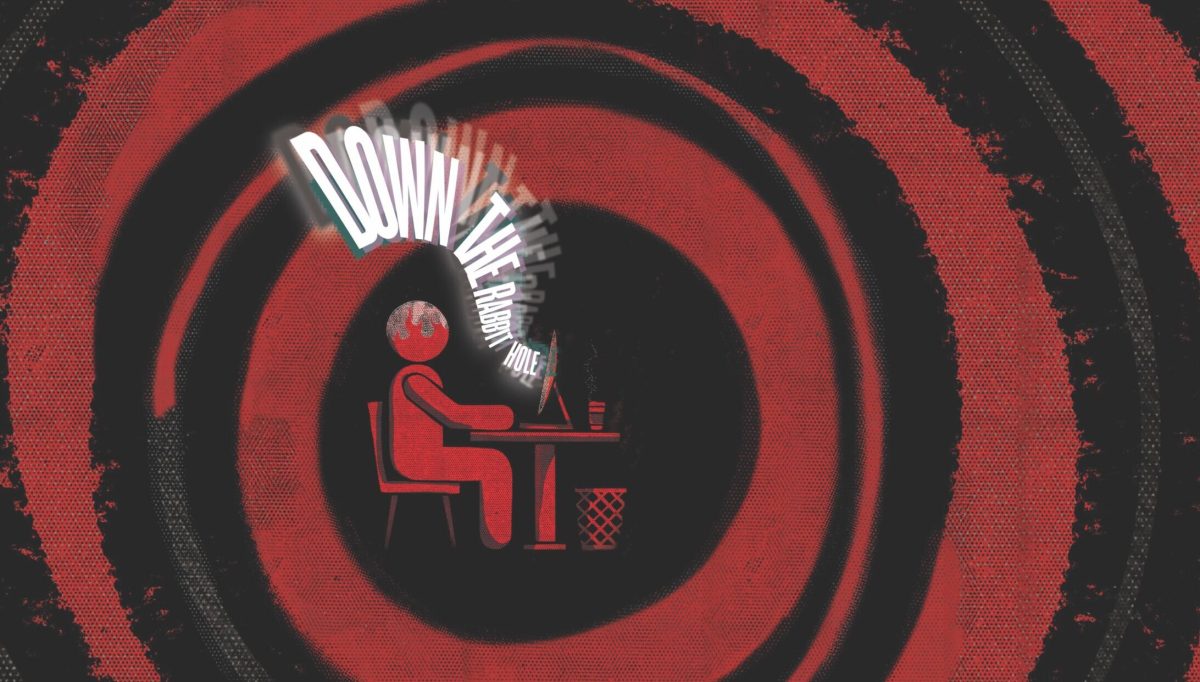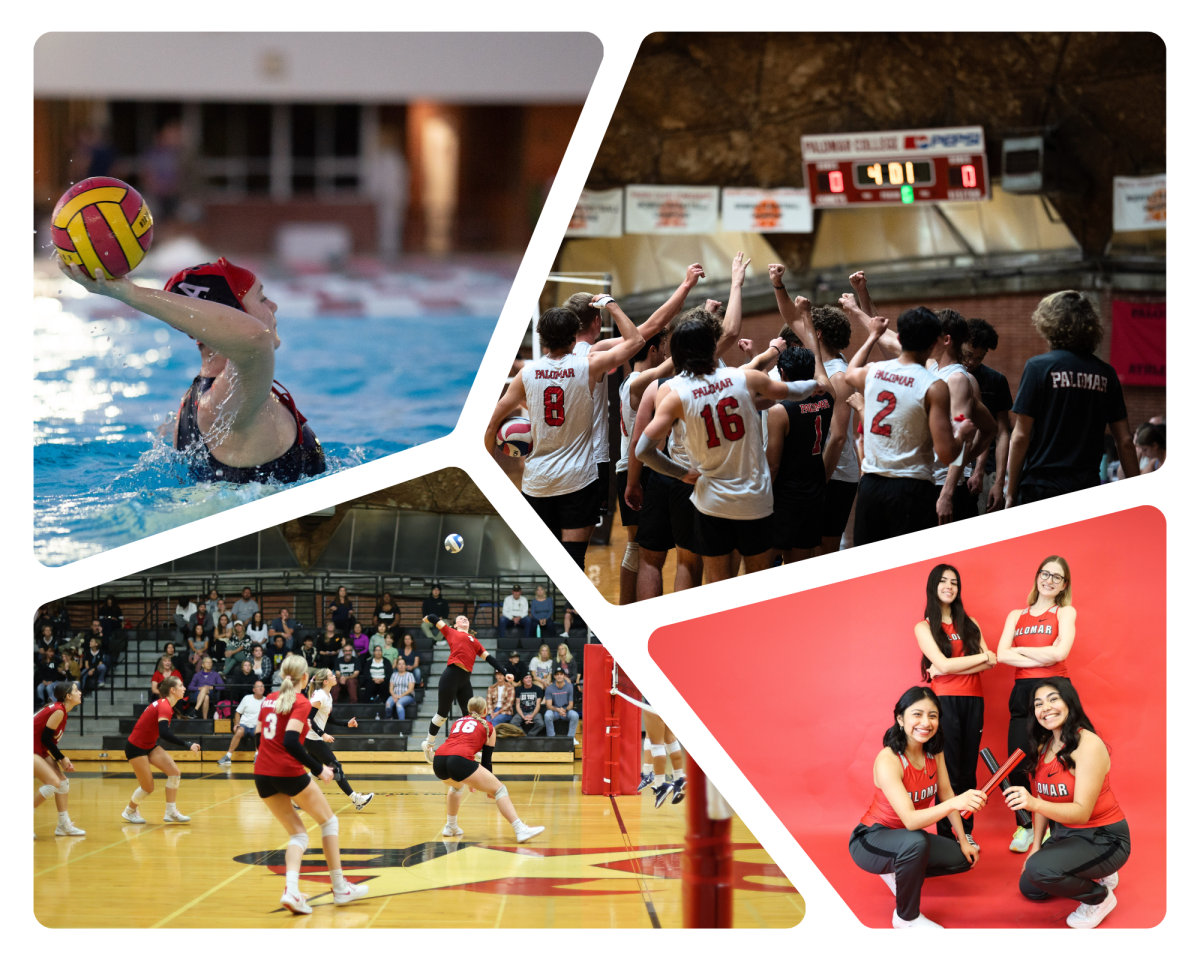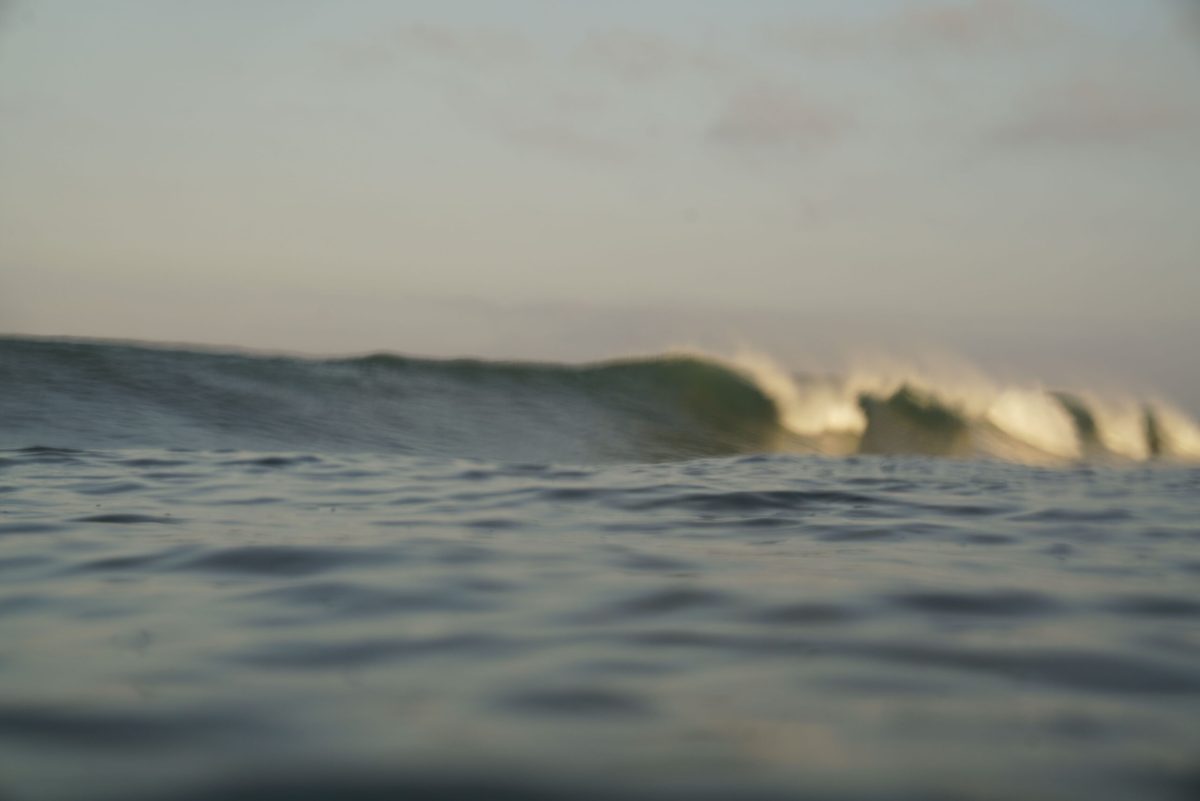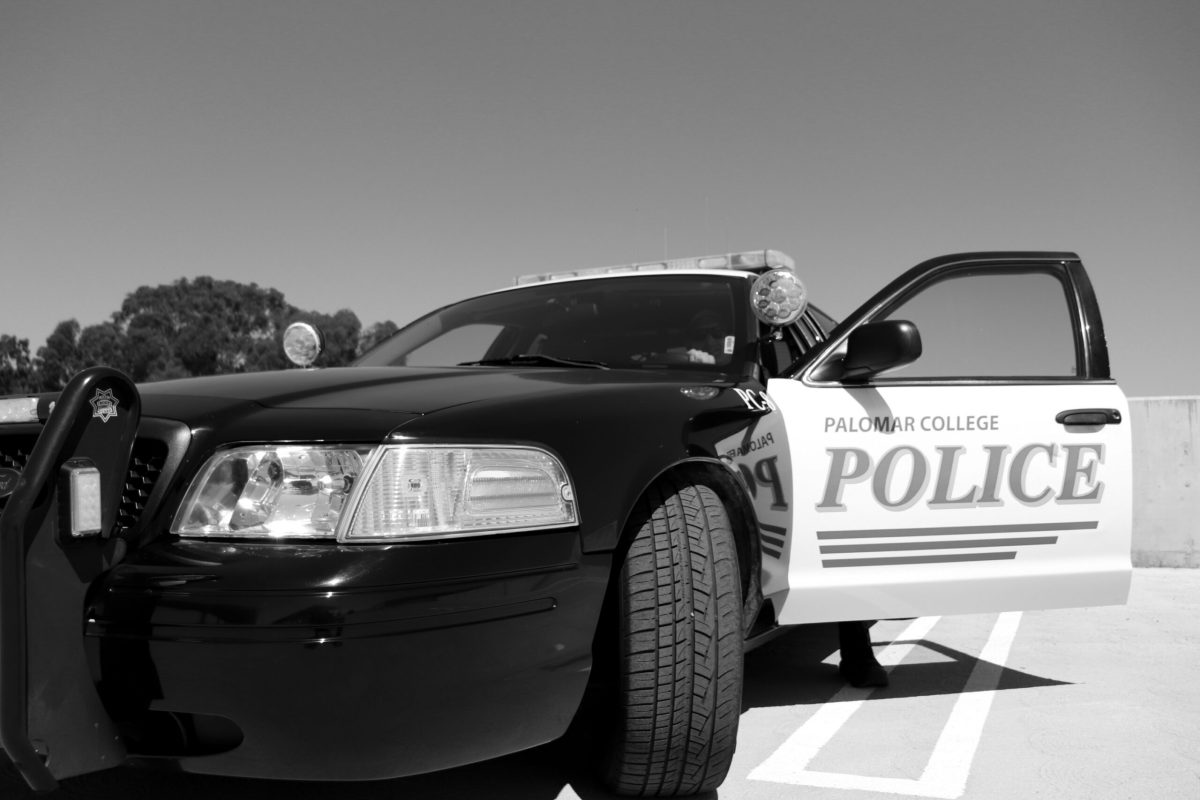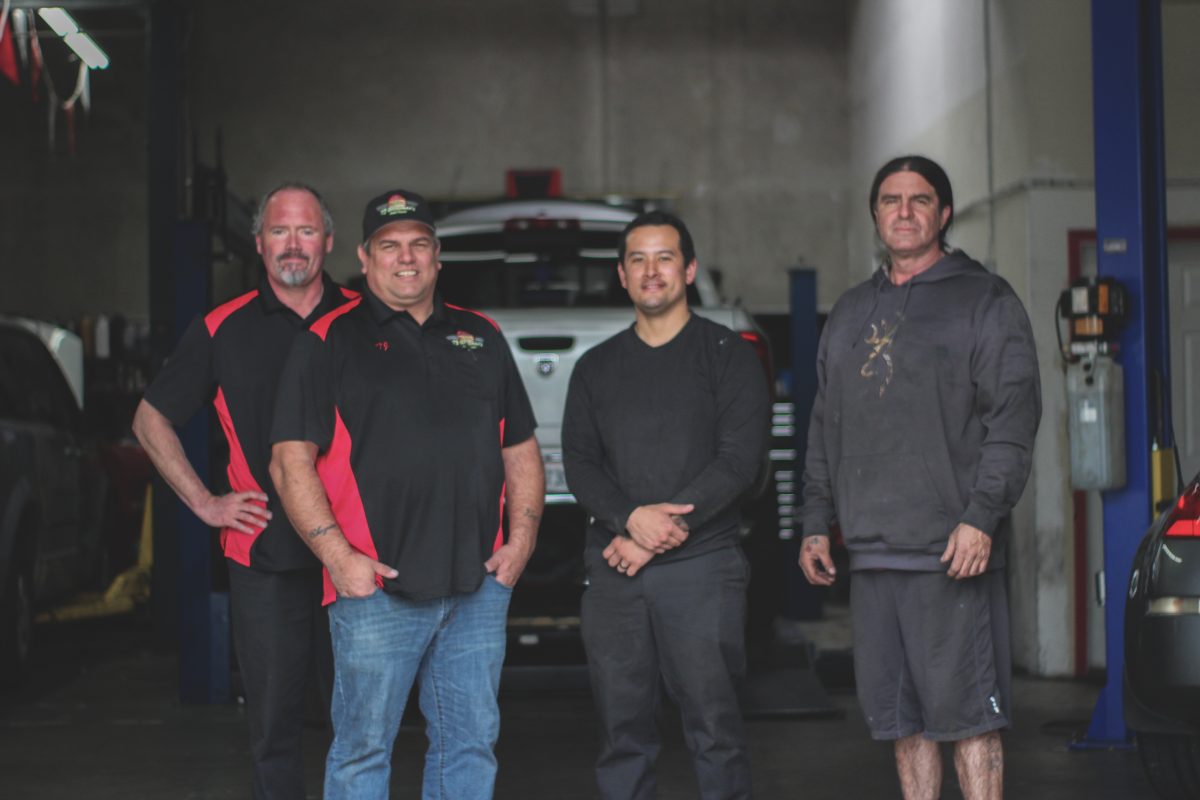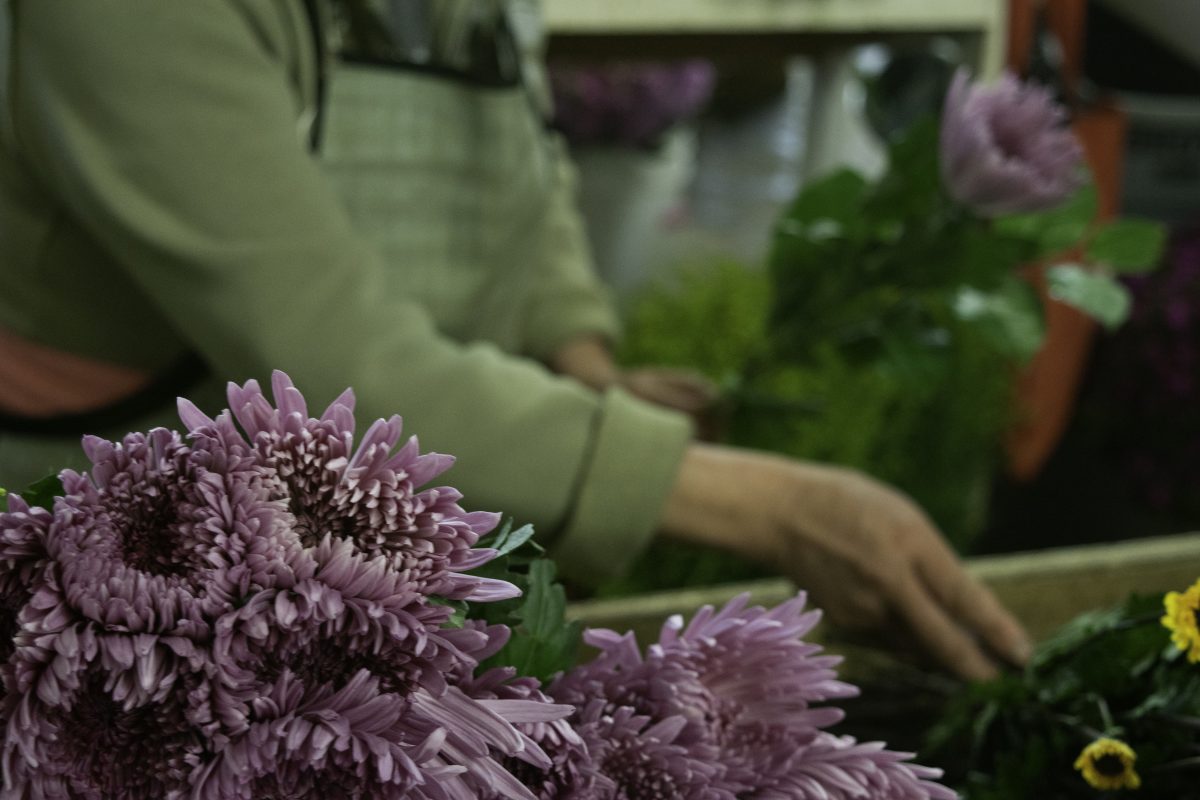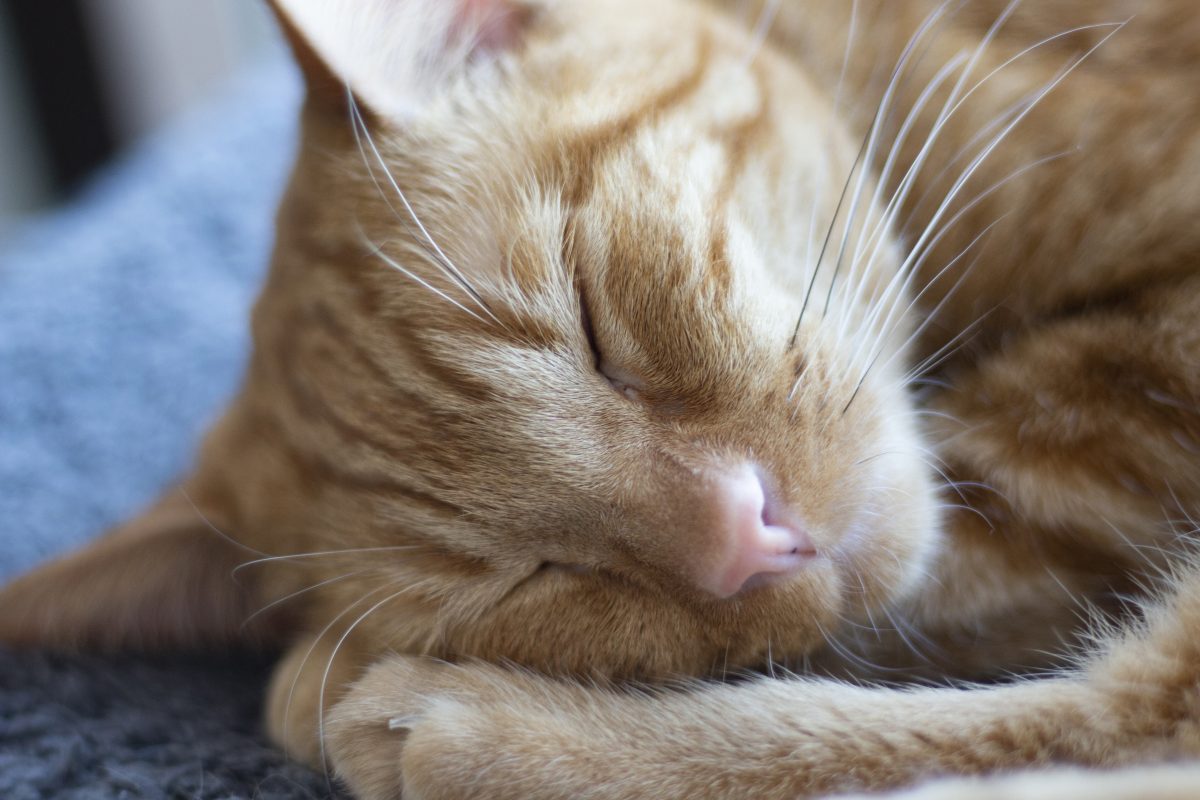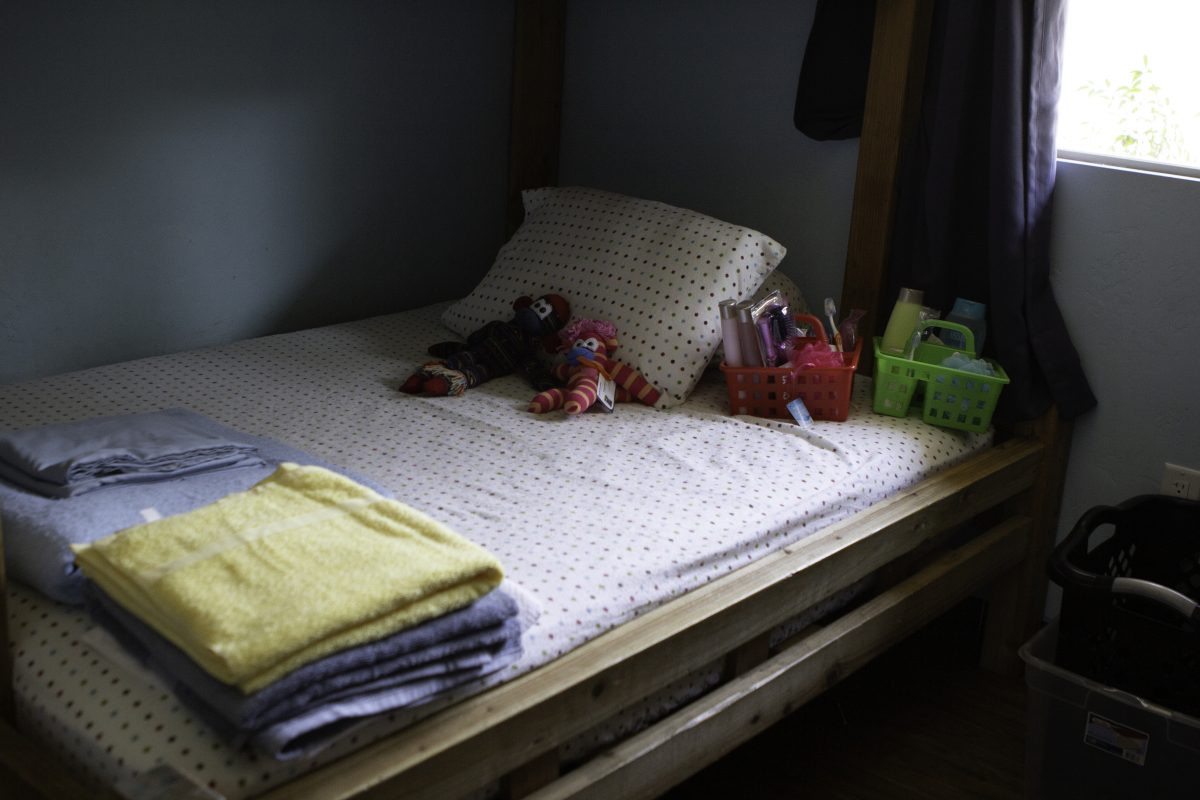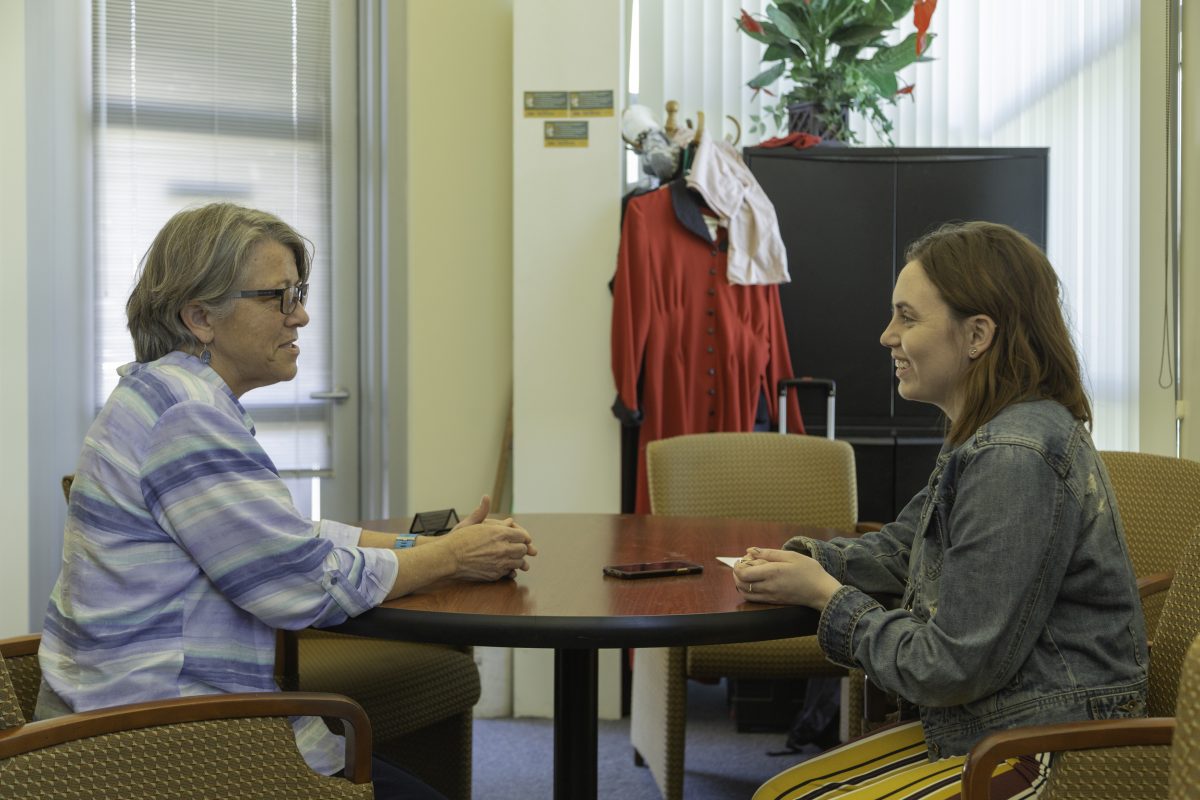Christine Howell’s studio in downtown San Diego is a sight for sore eyes, but walk a block away in any direction and you are bound to come across someone living on the streets. We may not see homeless people and kids aging out of foster care, who are among those vulnerable to fall victims to human trafficking.
As the founder of handmade jewelry business Dear Survivor, Howell hopes to create conversation and confidence through the jewelry she makes. She has become an advocate for change in the fashion industry who is passionate about the ethical sourcing of products and believes donating proceeds to a non-profit is crucial.
“For me it was realizing who I am and what my actual skills are. Finding that freedom to be like okay, I’m not going to change the world but I’m an artist,” Howell added. “I need to do what I’m called to do and be who I’m created to be. Dig into who I am and bring attention to this issue through that.”
According to the International Labor Organization, forced labor and human trafficking is a $150 billion industry with 30-40 million slaves worldwide today.
- 81% of them are trapped in forced labor.
- 25% of them are children.
- 75% are women and girls.
California harbors three of FBI’s highest child sex trafficking areas in the nation. A joint study between University of San Diego and Point Loma Nazarene University stated, “Virtually no community in San Diego remains untouched by sex trafficking.”
Howell always felt passionate but powerless when it came to ending human trafficking, as having no law degree or legitimate qualifications to make a difference. “Be aware of its extent in the states. Know the red flags. Figuring out where you fall in what you can offer,” Howell encouraged.
Howell attended San Francisco State University, graduating in 2013. She went into college as a nursing major due to her desire for helping people but changed to sociology for benefiting the non-profit sector, but she spent more time in the fine arts department as a sculptor despite it being her minor.
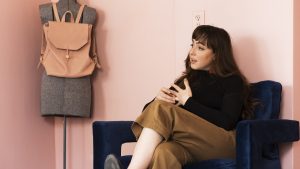
She has had a love for art, design and fashion her whole life but no one pushed her to do it. With advice from her teachers, she decided to take art classes and developed her natural skill and hard work.
At the end of college Howell moved to Los Angeles to work for a non-profit clothing company. She worked with them for a year and used the earnings to help the homeless. It was a personal introduction into the social enterprise world, having a product that advocates for social justice and learning the business model.
Howell went on to work as a seamstress for another small business doing production. Making leather baby moccasins, she learned the craft of leatherworking.
She explained, “At that time I always thought it would be so cool to be a designer of my own stuff but never really thought I actually could or would be able to get there.”
Two years after college she felt she was lacking in art. Her solution: putting together her own opportunity to study abroad, which involved going to a sculpture studio in Hungary. Living there across the world for three months, would be cheaper than living in Los Angeles for three months. “I’m just going to save up and go for it. I don’t have a boyfriend, a dog, a car… I don’t have anything holding me back.”
It was difficult at first making money to fund her trip to Europe. A friend of hers who was a business consultant encouraged her to start her own business. The first step: building the brand name. She came up with “Dear Survivor” and everything clicked, all coming together in one night.
Howell began the process in spring 2015: starting her business in April, making products in June and officially launching in May. At a launch party she hosted, she had her first moment to truly pause and reflect. “I just started a company. I haven’t thought about this. If I stop, I’d have a failed business,” Howell expressed. “I’m glad I didn’t have that thought before because I probably never would have done it.”
However, about a year ago, Howell felt uninspired. Her next project was to produce acetate earrings but as soon as she was ready to begin, its popularity skyrocketed. She was discouraged and sought out other materials to work with. She tried terrazzo, but it ended up not working out.
Howell was eventually led from roadblock to revelation, “Let me just cut some shapes with leather and I can just see size-wise what I’m wanting. I did that and I was like, oh my gosh, why didn’t I just use leather?”
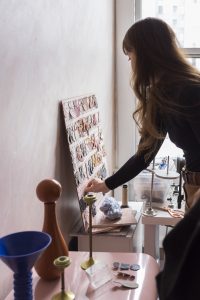
Fast forward to spring 2019, Howell plans to take her business to the next level through wholesale (selling goods in large quantities to retailers). Having worked with leather for years she’s been saving up materials. There’s a factory in LA she goes to every other month where she rifles through the colors and collects leftover scraps sold by the pound.
Another woman’s trash is another woman’s treasure. Growing as a brand and working with leather, it’s inspiring for her to see what else she can work with when it comes to waste from the fashion industry.
“I love it. Also not getting comfortable with the product as a creative, always trying to innovate,” Howell continued, “There’s something to be said about keep trying, keep at it. For me I was forced to keep trying because this is my livelihood.”
Artist or not, we are all consumers. But when it comes to the clothes we wear and the products we buy, do you pay attention to where it comes from?
Patricia Victa, a Dear Survivor customer and former small business employee, believes that your purchases have an impact. “You can make a statement [literally] by wearing the statement earrings and also by putting your money towards a bigger cause. The things that you wear can and do have a bigger story behind them. It’s not just business, there are people behind those products.”
Since day one of starting her business Howell developed a connection with GenerateHope, a faith-based organization dedicated to the recovery of human trafficking survivors. A portion of all proceeds through Dear Survivor goes to them.
“I didn’t have that high goals when I started the company…but over the last three years I’ve been able to donate 20,000 dollars. As an individual I would’ve never been able to do that,” Howell explained.
It’s not just her who donates but a group effort as a community, seeing the company as bigger than herself. “Once I started Dear Survivor it was like a separate entity even though it’s still just me. It feels very different. It’s a network.”
Howell enjoys being in San Diego for the creative community. It was inspiring to see people making stuff and working collaboratively, sharing spaces and sharing wisdom. “Community is everything. You got to have people that believe in you who say ‘hey, you’re doing something good, keep going.’”
Even when it comes to logistics, like buying zippers and casting, a little help can go a long way. Not a lot of people make their own things while running their own business. At the time, Howell worked on everything in her garage. While visiting one of her friends she learned from him that an office was up for grabs. “This is my dream and I didn’t even know it,” Howell stated.
Former Dear Survivor Marketing Intern and friend of three years, Jazmine Brown said, “She is definitely one of those people that if I didn’t meet her I wouldn’t be doing what I am today. She really pushes me to try new things, try new ideas.”
Today, Brown is a sustainable fashion blogger and works at Moniker General, a retail store that works to carry brands and products that matter.
“I hope all college students realize that there’s just so much you can do. College is such an important, instrumental time in life. I wish someone told me in college to pursue my dream. You don’t hear that enough as a student,” Howell said.
Look at the change, the impact you want to make, innovate and chase the future.

